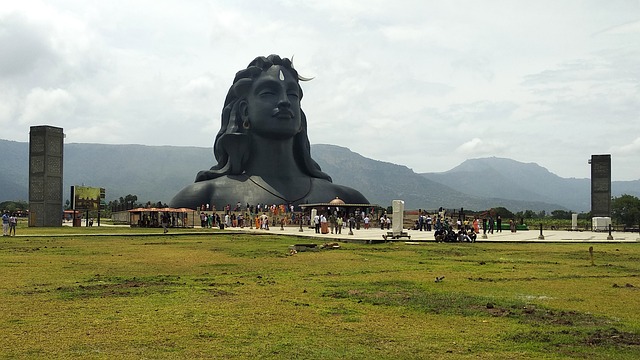प्राचीन अरबनिवासियोंमें हातिम ताईका नाम अत्यन्त प्रसिद्ध है। वह अपनी अमित दातृत्व-शक्ति किंवा सतत दानशीलताके लिये बड़ा विख्यात था।
एक दिन उसके मित्रोंने उससे पूछा, ‘हातिम! क्या तुम किसी ऐसे व्यक्तिको भी जानते हो जो तुम्हारी अपेक्षा भी अतिशय श्रेष्ठ रहा हो ?’
‘हाँ’ हातिमने उत्तर दिया ‘वह कौन था?’ मित्रोंने पूछा
हातिमने कहा—’एक दिन मैंने बहुत बड़ा भोज दिया था और उसमें हजारों आदमियोंको निमन्त्रित किया। उसी दिन कुछ समय बाद कुछ अरब मुरकोंके साथ मैं वहाँकी मरुस्थलीमें वनस्थलीकी ओर घूमने निकल गया। वहाँ मैंने एक लकड़हारेको देखा जिसनेएक बोझा काँट काट रखा था। मैंने उससे पूछा – ‘भाई ! तुम हातिमके भोजमें आज क्यों नहीं सम्मिलित होने चले गये, जो यहाँ इतना श्रम कर रहे हो ?’ उसने उत्तर दिया ‘जो अपने जीविकोपार्जनमें स्वयं समर्थ हैं, उन्हें हातिमकी दानशीलता या भोजकी कोई अपेक्षा नहीं है।’ हातिमने बतलाया, ‘मित्रो! मैं उस लकड़हारेको अपनी अपेक्षा सर्वथा श्रेष्ठ मानता हूँ; क्योंकि मेरी दृष्टिमें उन दानियोंकी अपेक्षा जो दूसरोंका धन लेकर दान देते हैं या उन व्यक्तियोंकी अपेक्षा जो दूसरोंके भोजके लिये सदा मुँह ताकते रहते हैं, स्वयं परिश्रम कर उससे अपना पोषण करनेवाला व्यक्ति अतिशय श्रेष्ठ है।’ हातिमके मित्र इसे सुनकर लज्जित हो गये ।
-जा0 श0
The name Hatim Taika is very famous among the ancient Arabs. He was very famous for his immense charity power or continuous charity.
One day his friends asked him, ‘Hatim! Do you know anyone who has been even better than you?’
‘Yes,’ replied Hatim, ‘who was that?’ friends asked
Hatim said – ‘One day I had given a big feast and invited thousands of men to it. After some time on the same day, along with some Arab chickens, I went out for a walk in the desert towards the forest place. There I saw a woodcutter who had cut a heavy thorn. I asked him – ‘Brother! Why didn’t you go today to attend the feast of Hatim, who is working so hard here?’ He replied ‘Those who are themselves able to earn their livelihood, have no expectation of charity or food from Hatim.’ Hatim told, ‘Friends! I consider that woodcutter to be better than myself; Because in my view, the person who feeds himself by working hard is very superior to those donors who give charity by taking others’ money or than those people who always keep their eyes on others’ food.’ Hatim’s friends were ashamed to hear this.













